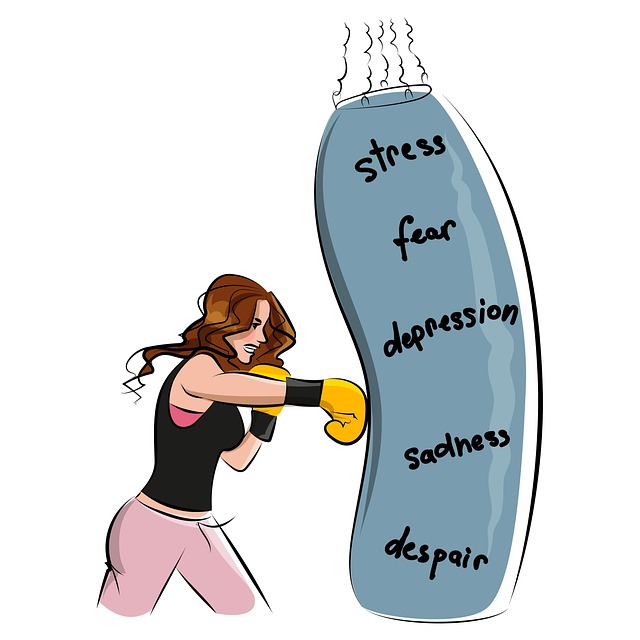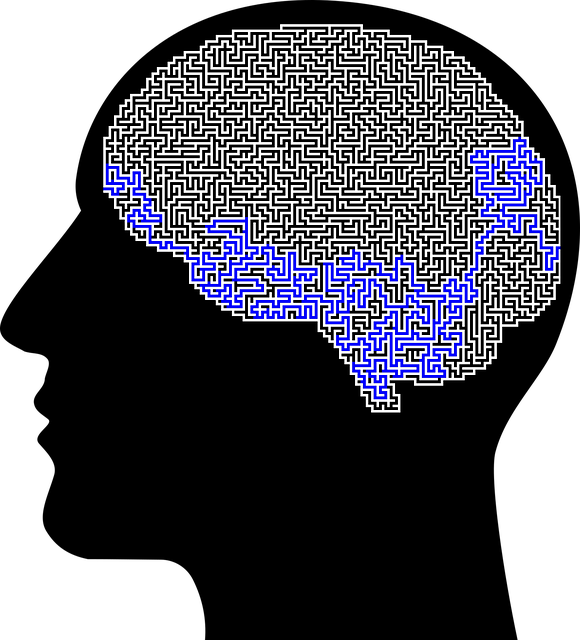Resilience is vital for adults living with chronic illnesses, enabling them to cope and adapt to health challenges. The Resourceful Flexibility Model (RFM) offers a structured approach to build resilience by focusing on resources and flexibility. In therapy for adults chronic illness, RFM prevents burnout through self-care practices and reframing setbacks as growth opportunities. It incorporates tailored stress reduction methods, strengthens coping mechanisms, and promotes mental fortitude. Mindfulness exercises and social support groups further enhance well-being, offering transformative tools for effective management of chronic conditions.
“Uncover the power of RFM (Resilience, Flexibility, and Mastery) as a transformative therapy for adults living with chronic illnesses. This article explores how integrating RFM principles can significantly enhance resilience and quality of life. We delve into practical exercises designed to strengthen mental well-being and daily life management skills, offering a roadmap for individuals seeking to navigate the challenges of chronic conditions with newfound adaptability. Discover how RFM can empower you to embrace a more balanced and fulfilling life.”
- Understanding RFM and Its Role in Resilience Building for Adults with Chronic Illnesses
- Exercises to Enhance Resilience: A Practical Guide for Individuals Living with Chronic Conditions
- The Impact of RFM on Mental Well-being and Daily Life Management
Understanding RFM and Its Role in Resilience Building for Adults with Chronic Illnesses

Resilience is a vital asset for adults living with chronic illnesses, enabling them to cope and adapt to challenges that accompany their health conditions. RFM (Resourceful Flexibility Model) offers a structured framework to enhance this resilience. This model recognizes that individuals facing long-term health issues require not just coping mechanisms but also the ability to flexibly navigate life’s demands. By focusing on building resources and fostering flexibility, RFM aims to empower adults with chronic illnesses to manage their well-being effectively.
In the context of therapy for adults with chronic illnesses, RFM serves as a powerful tool in burnout prevention strategies for healthcare providers. It encourages patients to develop mental illness stigma reduction efforts by embracing self-care practices and reframing setbacks as opportunities for growth. Additionally, the model incorporates stress reduction methods tailored to individual needs, ensuring that clients gain the resilience needed to thrive despite their health challenges.
Exercises to Enhance Resilience: A Practical Guide for Individuals Living with Chronic Conditions

Building resilience is an essential aspect of managing chronic conditions and can significantly improve one’s overall well-being. Exercises tailored to enhance resilience provide individuals with tools to navigate life’s challenges and promote mental fortitude. These practices are not one-size-fits-all; instead, they offer a personalized approach to strengthen coping mechanisms, fostering a sense of control and adaptability.
For adults living with chronic illnesses, incorporating targeted resilience-building exercises into daily routines can be transformative. Simple yet effective strategies, such as mindfulness meditation and cognitive reframing techniques, help individuals manage symptoms and reduce the impact of stress. Additionally, engaging in social support groups or one-on-one therapy sessions for adults with chronic illness (a form of therapy for adults chronic illness) facilitates a sense of community, enhances problem-solving skills, and provides valuable coping strategies. These activities contribute to a robust risk assessment for mental health professionals, ensuring individuals are equipped to maintain resilience in the face of adversity.
The Impact of RFM on Mental Well-being and Daily Life Management

Resilience is a powerful tool for adults living with chronic illnesses. RFM (Resilience-focused Mindfulness) exercises, designed as therapy for adults with chronic illness, go beyond traditional coping mechanisms by integrating mindfulness practices tailored to enhance emotional regulation and improve daily life management. These techniques empower individuals to navigate the challenges of their condition with greater ease, fostering a sense of control and overall mental well-being.
By incorporating RFM into their routines, participants learn effective communication strategies and coping skills development, enabling them to transform their relationship with stress and adversity. Through mindful practices, they cultivate emotional regulation, allowing them to respond rather than react to triggers, ultimately leading to improved quality of life and a more balanced approach to managing chronic illness.
Resilience is a powerful tool for adults living with chronic illnesses, enabling them to navigate life’s challenges with greater ease. By understanding RFM (Recovery-Focused Mindset) and its role in resilience building, individuals can access practical exercises that enhance their mental well-being and daily life management. This article has provided valuable insights into how RFM therapy for adults with chronic conditions can foster a sense of empowerment, improve coping strategies, and ultimately improve the quality of life. Through these exercises, folks can revolutionize their approach to living with a chronic illness, creating a more vibrant and fulfilling symphony of resilience.














